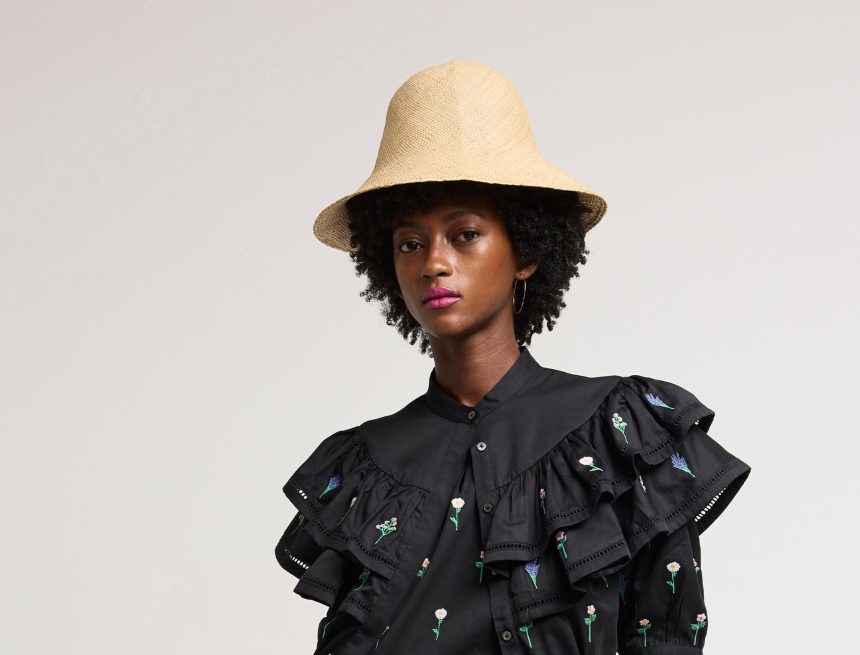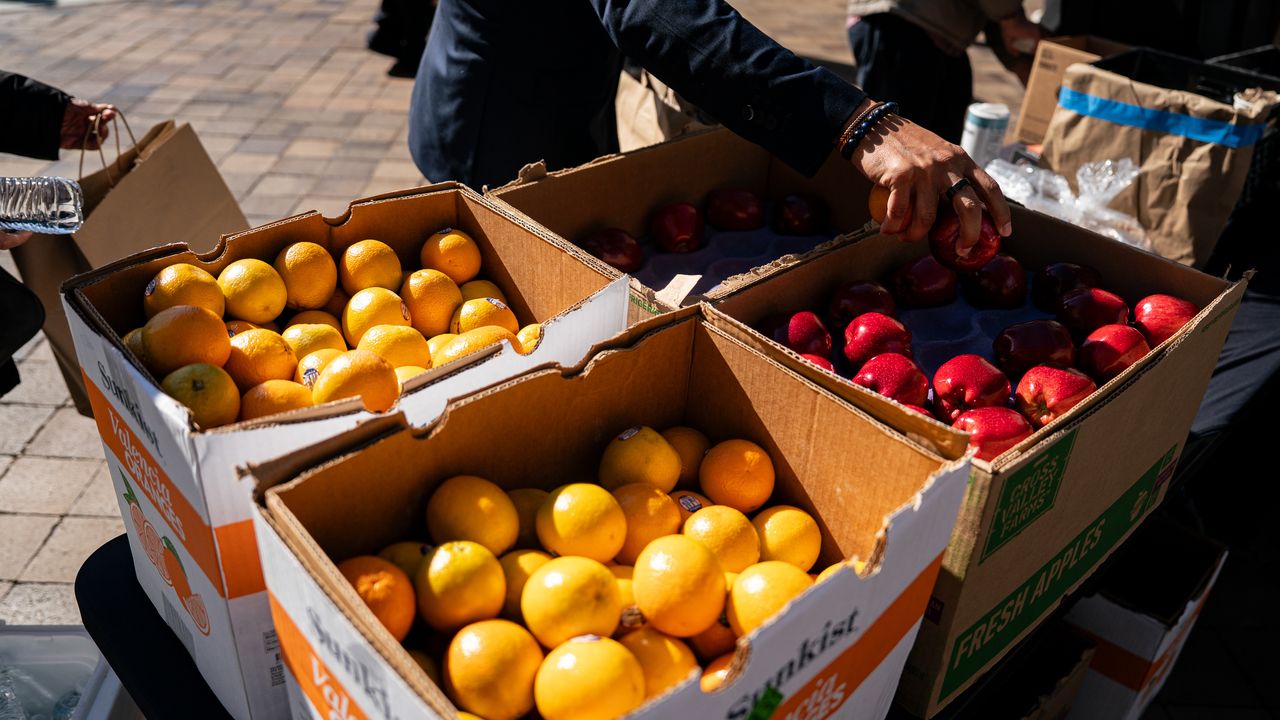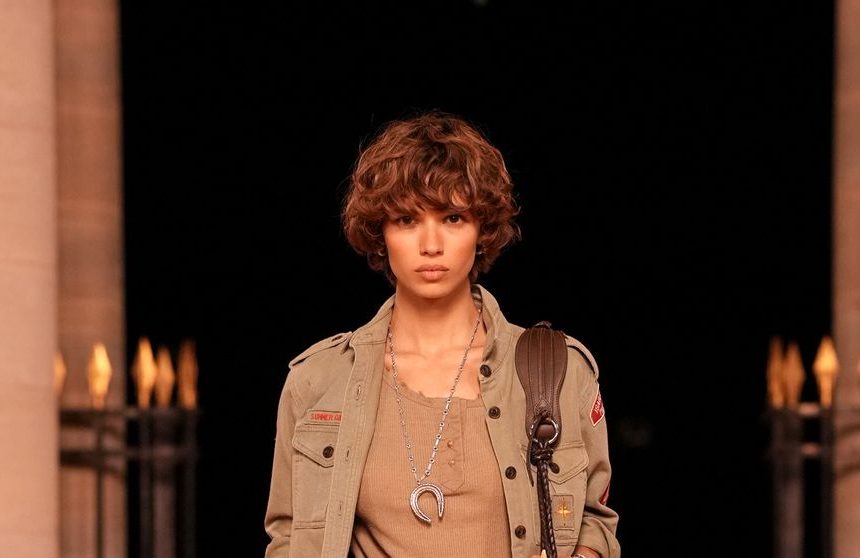Listen to and follow the ‘BoF Podcast’: Apple Podcasts | Spotify | Overcast
Background:
Soon after sharing his graduate work from the London College of Fashion online, Hong Kong-born Robert Wun was approached by Joyce Boutique to buy his collection. Like many other independent designers, he found navigating the wholesale model challenging and during the pandemic he pivoted to serving clients with one-off, customised designs with couture level pricing.
“I realised that, in order for me to have a strong wholesale business model or grow a brand, this is not the time yet,” Wun says. “For me to sacrifice all these years – to leave my family, to come all the way to London, to chase my dream – everything I create needs to have a responsibility, not only for myself but also for the message that I’m trying to relay.”
This week on The BoF Podcast, BoF founder Imran Amed sit down with Robert Wun to discuss his path from Hong Kong to London to Paris Couture Week, and how he’s building a client-first business that protects his creativity while staying commercially viable.
Key Insights:
- Hong Kong’s cultural imprint shaped Wun’s eye from an early age. Growing up in a city he saw as a creative engine, Wun points to icons like Wong Kar-wai as inspiration, adding that “Hong Kong is almost a symbol of cultural leadership when it comes to Asia.” Wun recalls discovering how deeply global fashion intersected with the city, from Joyce Ma championing new designers to Jean Paul Gaultier creating stage pieces for musicians in Hong Kong. “You always had this idea that creativity was powerful … but I think what changed was a shift in culture and economic power,” he says.
- Wun was discovered by Hong Kong’s Joyce Boutique after presenting his London College of Fashion graduate collection on social media in 2012. Joyce’s head buyer Michael Mok, was an instrumental figure in his early days, hosting a pop-up and even giving lessons on pricing. “I remember that conversation very deeply because it was never really in my mind how to even price my work, what is it worth,” Wun recalls. Meanwhile, early endorsements followed: Lady Gaga bought two pairs of shoes and the Hunger Games costume team requested looks.
- When pandemic lockdowns halted the regular fashion calendar, it provided a reset for Wun. Being forced to release his Autumn/Winter 2021 collection with an iPhone shoot done in his studio kitchen, made him prioritise meaning and message. “Everything I create needs to have a responsibility, not only for myself, but also for the message that I’m trying to relay,” he says. That conviction pushed Wun to prioritise work that is no longer “to make money” but rather “to communicate and be honest.”
- After receiving little support in London, Wun found his fit in Paris, where he was shortlisted for Andam and won the Special Prize. “I just want to do what I love to do for the rest of my life until I cannot,” he says. In winning the prize, Wun received mentorship from Bruno Pavlovsky, Chanel’s president of fashion and the Fédération de la Haute Couture et de la Mode fast-tracked him onto the couture calendar with a unanimous vote — his first ever runway show, debuting with a collection titled “Fear”.
- Wun has shifted from wholesale to bespoke orders and selective collaborations. “We are a team of almost twelve now. We’ve turned from not making any profit at all to actually starting to make profit since last year, and we’re almost doubling in terms of turnover by the end of this year,” he says. The core is a loyal private clientele, and demand is anchored in the US — particularly New York and Los Angeles millennials and Asian Americans — plus art collectors and couples seeking modern ceremony wear. “Our average for those couture orders ranges from £45,000 to £60,000,” Wun says, a mix that allows him to protect his creativity while running a commercially successful business.


